And so it comes, the final volume of Karl Ove Knausgaard’s My Struggle sequence: a pale brick of a book, one that might be The End, but is an undertaking all of itself. The previous five books — autofictions that catalogue one’s man’s life in exacting, almost terrifyingly detail — were far from slender, but The End is nearly 1,200 pages, and as such presents itself almost as a challenge, or a dare. Are you sure you want to do this? Can you really face a further delve into the painstaking minutiae of Knausgaard’s thoughts and actions? These are questions that recur as you read, the answers often changing in the turn of a page.
As with A Man in Love, the second — and probably the finest — volume, Knausgaard narrates from a conspicuous present, looking back on past deeds, consumed by the brickbats and tensions of daily life. And there are many tensions. As the first novel is to be published in Norway, his uncle threatens legal action, his objections also speaking to a familial acrimony to which Karl Ove was oblivious. It feels that this battle will be at the heart of The End, his uncle a fierce antagonist, but the real threat is the author himself, and his monomaniacal urge to purge.
Some of the most effective parts of the first section — seamlessly translated by Martin Aitken, keeping the tone already established by Don Bartlett, who also translates the last section — are those when Knausgaard wonders why he’s vandalising important relationships, or examines his memory of events he has written about. His uncle claims that most of the first book is entirely faked, downright lies. It gives the reader pause — have we been duped all this time? — and threatens what we have already chosen to accept as fact. We are by now used to the distortions, the clearly embellished, the long conversations impossibly remembered, but pure fiction, untethered from veracity, would compromise the whole endeavour.
This tension — between truth and lies, between memory and reality — enlivens the first section, giving it a sense of purpose; but Knausgaard refuses to dwell for too long upon it. Daily life is given if not equal billing then a more than generous portion of narrative time. The perverse thrill of reading the astonishingly banal, the wish for Knausgaard to go even further into the numbing tedium of the everyday which made A Man in Love so compelling, here feels too often like wasted pages: of turning on kettles, putting washes on, pouring coffee, smoking cigarettes and so on, that add little to an already established idea. The exception to this is a trip to the supermarket that ends with Karl Ove revealing his PIN — 2536, if you’re interested — a detail that seems somehow deliciously transgressive.
If the opening section seems familiar, it only serves to make the second seem even more dislocating. Shifting tack entirely, ‘The Name and the Number’ is an essay of some 450 pages, mostly concerning Hitler and Mein Kampf (calling your novel sequence My Struggle makes some reference to Nazism inescapable). It is a wide ranging, often hugely insightful, frequently brilliant, sometimes irritating (Genet, for example, is introduced as ‘the Frenchman Jean Genet’, presumably to avoid confusion with the Jean Genet from Aberdeen) aside that brings into relief the key themes of My Struggle: what it means to say ‘I’, the pressure of history on the present, the importance or otherwise of art, the limits and freedoms of language. Despite some longueurs — the 60 pages devoted to a close reading of Paul Celan’s poem ‘The Straightening’, for example, are largely punishing — it is an exceptional piece of writing: Knausgaard’s dexterity in moving from subject to subject and his ability to précis arguments and complex ideas are hugely impressive.
The last section returns us to Karl Ove, his marriage in trouble, his wife suicidal, writing the book we are now reading. Much like the opening section it is a reckoning, the legacy of My Struggle coming home to roost. ‘This novel has hurt everyone around me,’ he writes, ‘it has hurt me, and in a few years, when they are old enough to read it, it will hurt my children. If I had made it more painful, it would have been truer.’
This central tension, between the needs of the artist and the need of the husband and father, one that has coursed through My Struggle’s thousands of pages, Knausgaard appears to bring to a moving, wholly fitting resolution. And though The End can be wayward and flabby in places, its totality, its absolute commitment to its own ideals, makes it — and the whole sequence — a mesmerising, thought-provoking and genuinely important work of art. Daunting it may be, but the rewards are more than worth the effort.
Got something to add? Join the discussion and comment below.
Get 10 issues for just $10
Subscribe to The Spectator Australia today for the next 10 magazine issues, plus full online access, for just $10.
You might disagree with half of it, but you’ll enjoy reading all of it. Try your first month for free, then just $2 a week for the remainder of your first year.

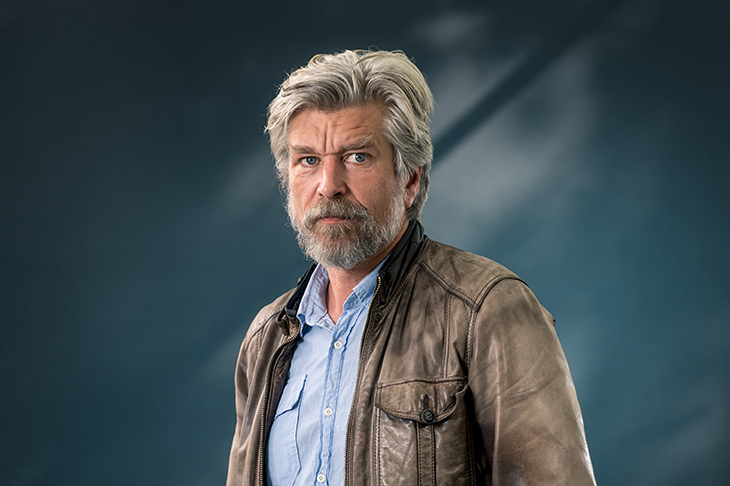
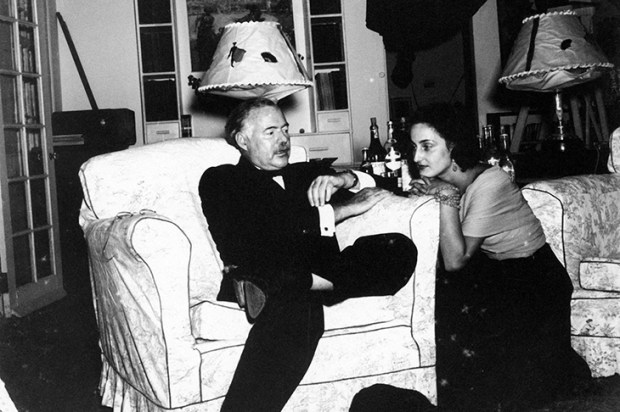
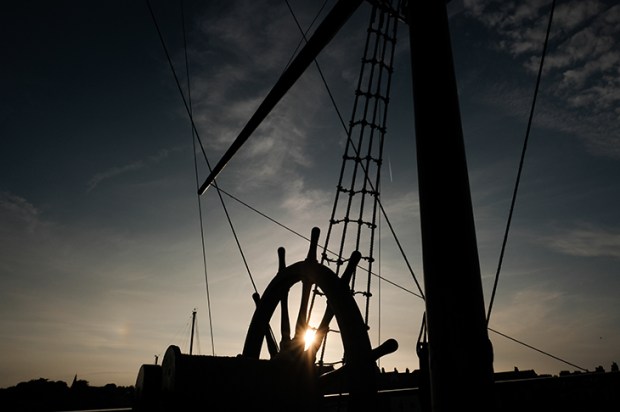

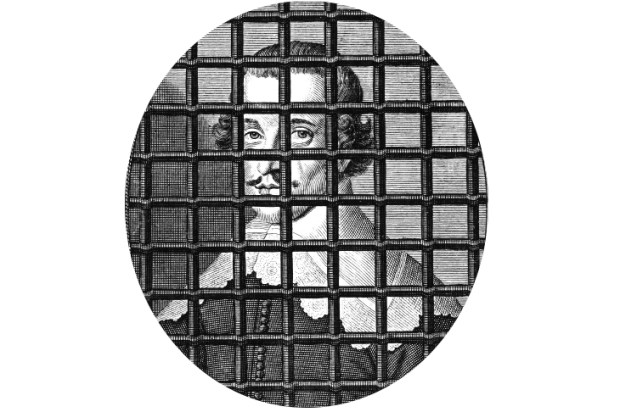
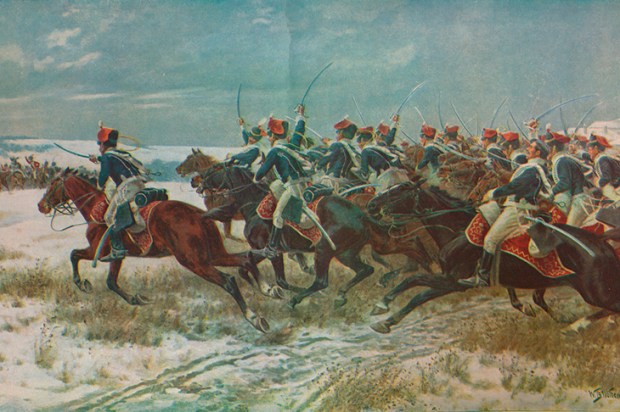







Comments
Don't miss out
Join the conversation with other Spectator Australia readers. Subscribe to leave a comment.
SUBSCRIBEAlready a subscriber? Log in